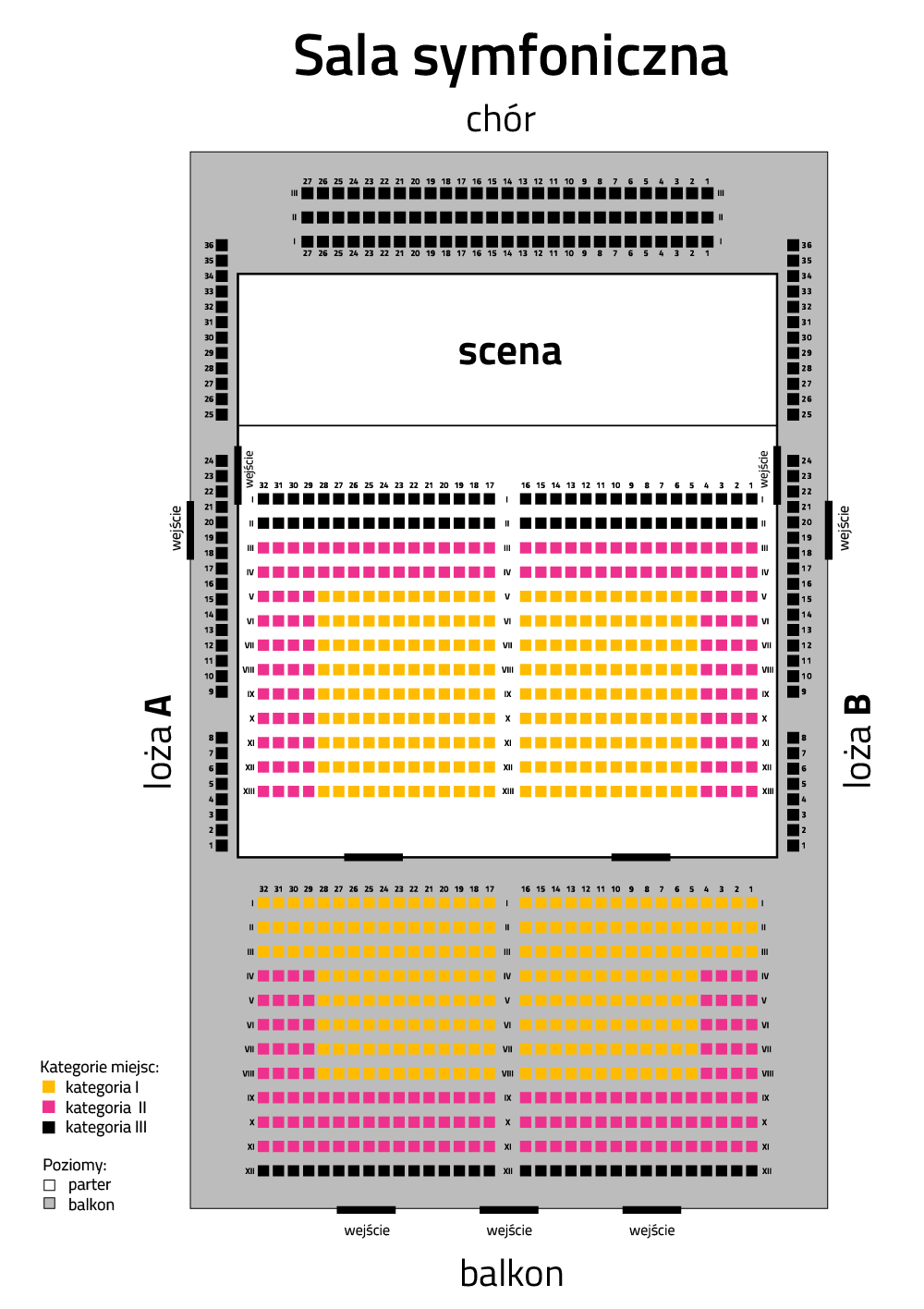Padabadad-ta… tututita… dumbidudu… – sung high and low, solo and by a vocal ensemble, melodies and improvisations, mild vibraphone sound and a warm bossa nova climate. One would say it’s nothing, but this kind of style is an inseparable part of the sound panorama of Poland in the 1960s and 1970s.
The world had been singing in this way for several years, including Hendrix, Lambert Trio. While in Poland, the precursor of jazz vocals was Bernard Kawka and his band Novi Singers, which was short for New Original Vocal Instruments.. The human voice here was treated as one of the instruments of a jazz combo. Obviously, the vocal skills of individual members of the Polish band were supported by higher musical education. Ewa Wanat, for example, was a graduate of PWSM in Warsaw. (State Higher School of Music) where she studied in the violin class, Bernard Kawka was also a violinist.
Novi Singers made their debut on May 2, 1965 at the Warsaw Philharmonic, to record their first album (for Polish Recordings) in that October and take part in the 15th International Jazz Festival in Zurich, earning their first prize there. This is, of course, only part of the legend of Bernard Kawka, arranger, composer, flutist, saxophonist, who in 1974 emigrated to the USA. There he collaborated with The Manhattan Transfer and Ramsey Lewis. And it all started with: didid… dararat-ta…
In the program we present the songs: "Q-West" for trumpet solo and orchestra (from the album "Travels in Time"), "Cantare 013", "Like a dream in the sky", "Will you" (Birthday with Nina Ricci), "People do not tell the Ruth", "Lullaby to the mirror" (lyrics by J. Cygan, first performance by E. Bem), "How to get back to this moment".
------------------------------
Mikołaj Rykowski PhD
Musicologist and clarinetist, doctorate, and associate at the Department Music Theory at the Paderewski Academy of Music in Poznań. Author of a book and numerous articles devoted to the phenomenon of Harmoniemusik – the 18th-century practice of brass bands. Co-author of the scripts "Speaking concerts" and author of the spoken introductions to philharmonic concerts in Szczecin, Poznań, Bydgoszcz and Łódź.
Exhibition available during event:
VI Międzynarodowe Biennale Plakatu Społeczno-Politycznego“Dwanaście uniwersalnych wartości:
nadzieja, tolerancja, szacunek, wolność, przełamywanie barier, spotkanie, odpowiedzialność, sprawiedliwość, porozumienie, solidarność, dialog, równość, które określiły nasze działania, jako drogowskazy wpisuję się w idee Biennale i stanowią linię przewodnią i motywację dla naszych dalszych działań”. Za słowami
Leszka Szustera – dyrektora Międzynarodowego Domu Spotkań Młodzieży i
Pawła Warchoła – kuratora wystawy, podpisało się kilkuset artystów z 27 krajów, tworząc
594 plakatów. Dzieła te stanowią graficzny odzew na współczesną rzeczywistość.

